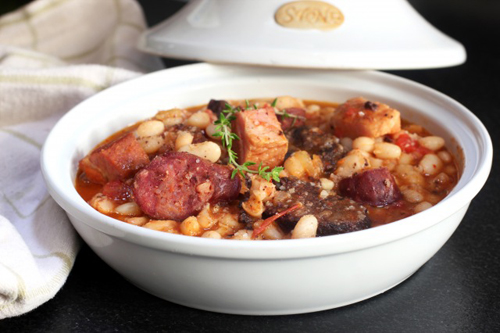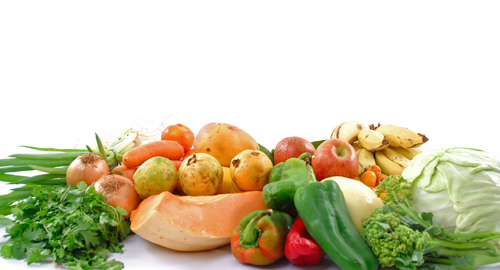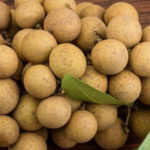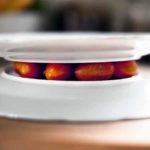Proper Food Storage and Handling Tips
When it comes to storing leftover food, it’s important to follow some guidelines to ensure its quality and safety. Chef Huynh Nhu from Abai restaurant suggests boiling the leftovers before refrigerating them. Once cooled, wrap each type of food tightly with food wrap and store them separately using food containers with tight lids to prevent cross-contamination. Before consuming the leftovers, reboil them thoroughly and only eat them once. It’s worth mentioning that soups should be consumed within 24 hours, while stewed and salty dishes should not be kept for more than three days. To keep track of the storage duration, it’s recommended to write the date on the lid of the container.

For fried and roast dishes, it’s advisable to submerge them in oil before storing them in the refrigerator to prevent drying out. Processed food should not be kept at room temperature for more than two hours. It’s best to boil it, let it cool, and refrigerate it immediately. If refrigeration is not available, using an insulated box or surrounding the food container with ice can help maintain its freshness until refrigeration becomes possible. Avoid consuming any food that has a bad smell or abnormal discoloration.
Frozen Food Storage
For households that buy food for several days, it’s recommended to clean fresh food right after returning from the market to minimize the impact of hot weather. Keeping fresh meat and fish in the freezer compartment is the safest way to store them. To prevent repeated thawing, divide the meat and fish into small portions suitable for each meal. Use tightly sealed containers to avoid any liquid leakage. Prior to freezing, make sure to clean, wash, and drain the meat and fish properly.

Storage Tips for Green Vegetables
Green vegetables should be prepared by removing roots and wilted leaves and thoroughly washed before storing. Place them in a food bag, preferably a plastic bag, and tie it tightly before refrigerating. It’s important to note that leafy vegetables are less tolerant of cold temperatures, so it’s crucial to pay attention to the position in the refrigerator where they are stored. Leafy vegetables, such as cabbage and green leafy vegetables, should not be kept for more than a week, with the best usage period being within three days of purchase.

In terms of frozen food, it can be stored for up to one year at temperatures between -18°C and -30°C. For even longer storage, the temperature should be set at -36°C, allowing for up to 18 months. However, it’s important to note that the longer food stays frozen, the more it loses some nutrients and fats. For beef, lamb, and goat meat, the recommended storage time in the freezer compartment is 7 to 10 days, while for pork, chicken, and duck meat, it’s about 7 days. Fish should be consumed within 3 days after being stored in the freezer to ensure freshness.
Finally, it’s always important to cover food carefully after it’s fully cooked and to avoid mixing raw and cooked food together, as per the recommendations of the Food Safety Department.
Ten Strategies to Streamline Your Cooking Process
Are you a busy housewife looking for ways to save time in the kitchen? Did you know that flossing can also help you out? Check out these 10 tips to help you quickly and easily prepare delicious meals for your family. Learn how to peel garlic in 10 seconds and cut cherry tomatoes quickly for a healthy and tasty meal.





































